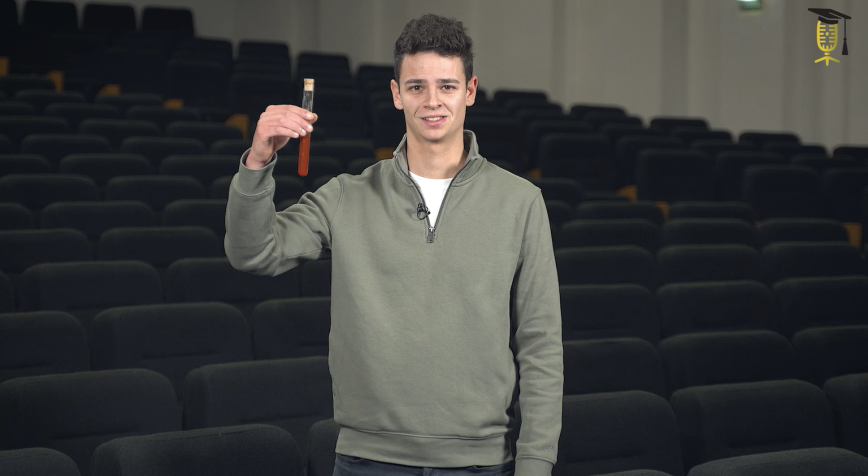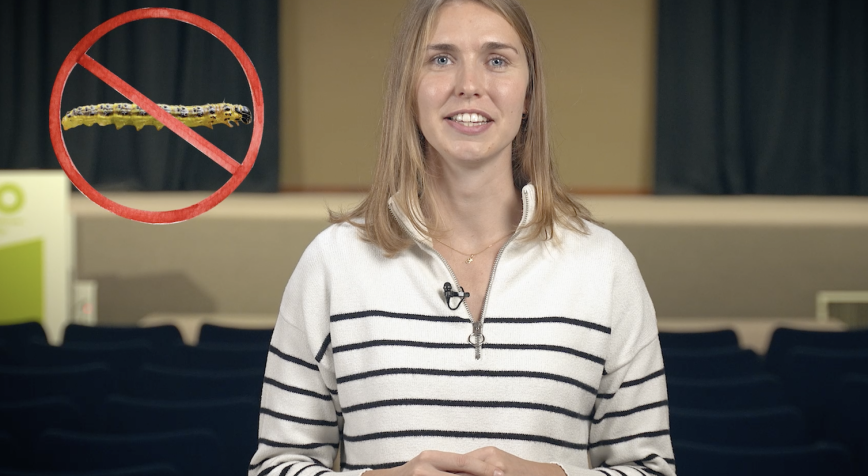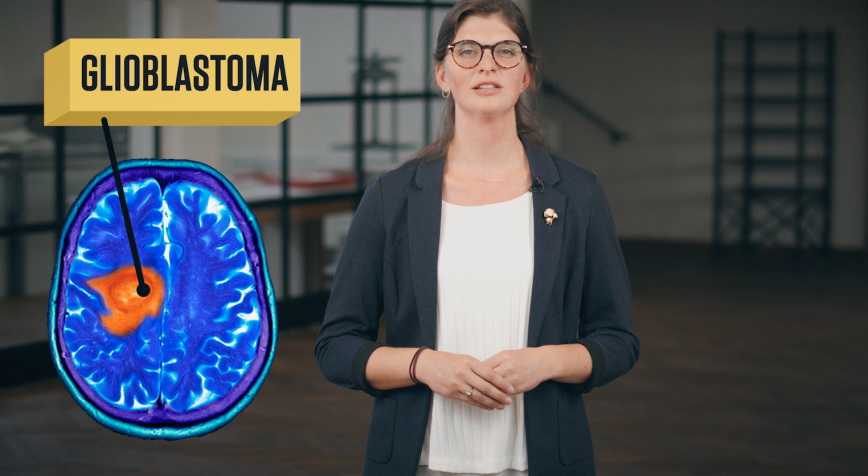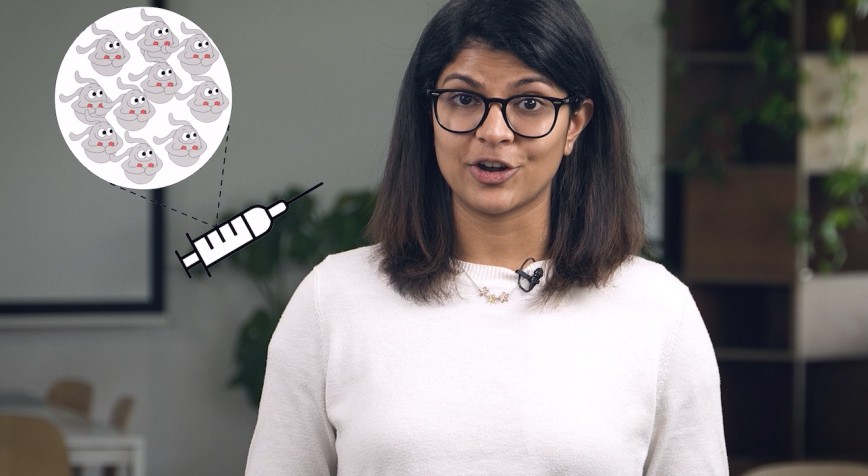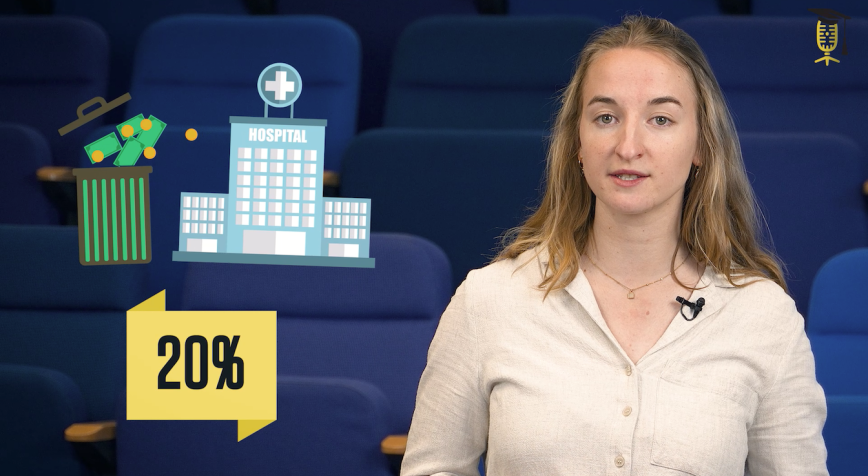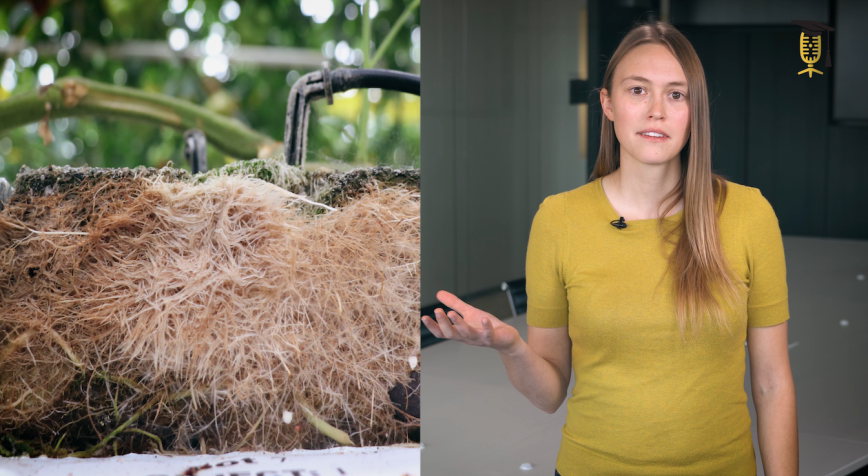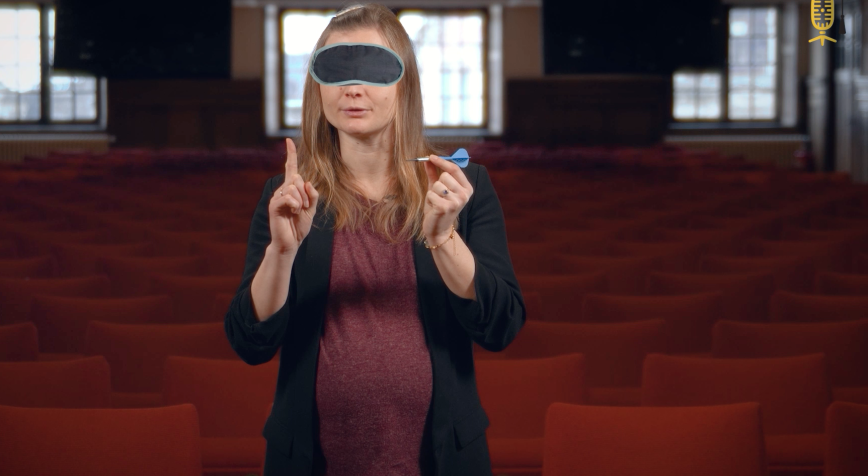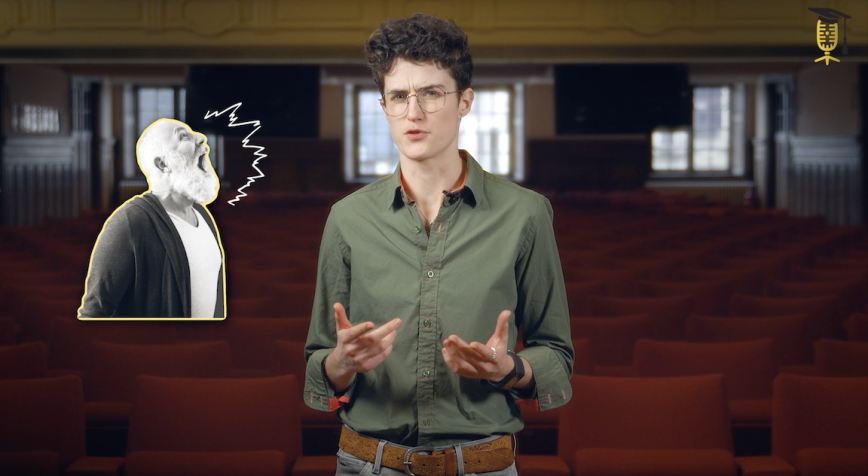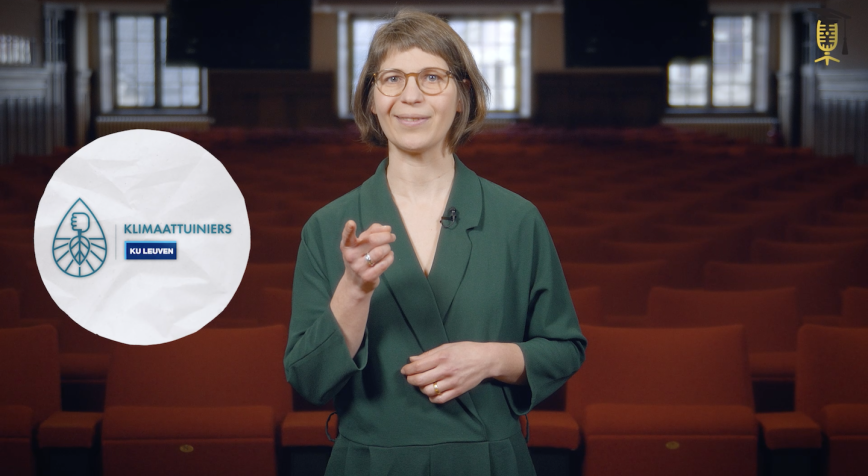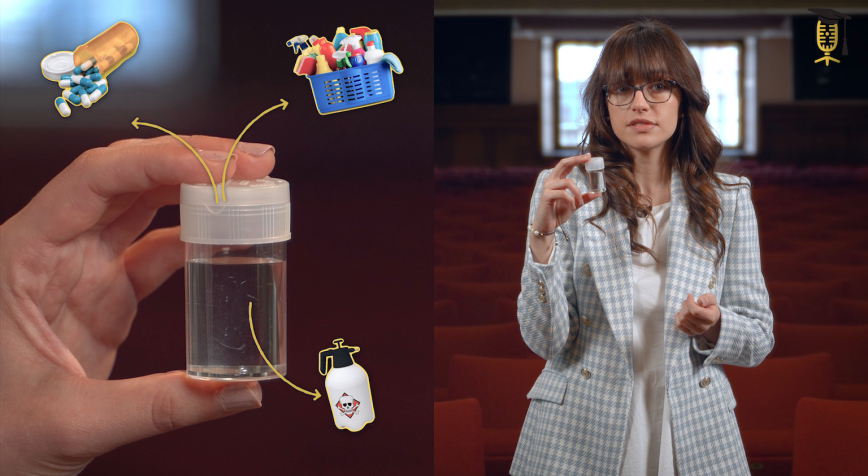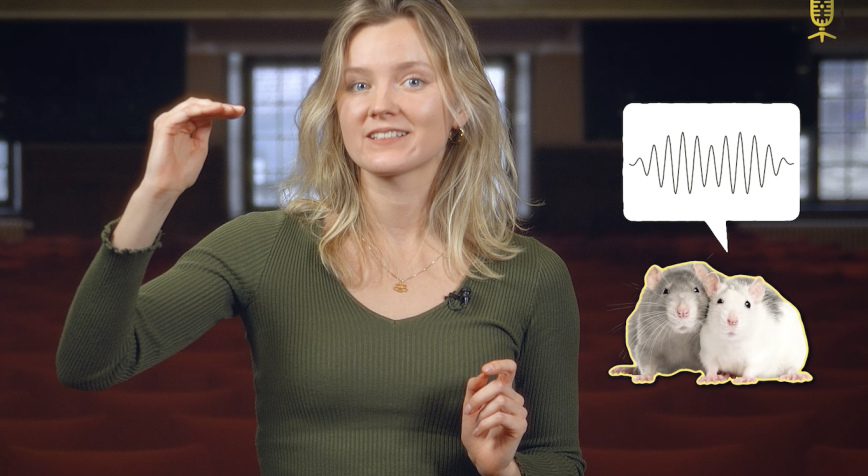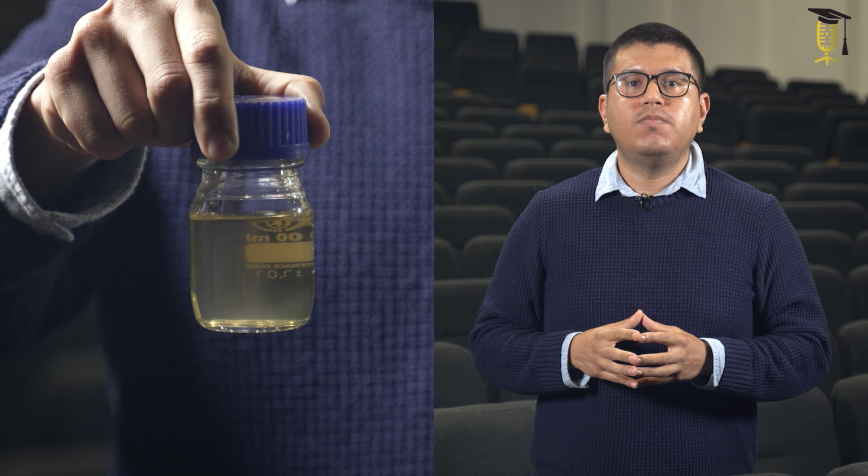
KU Leuven
VITO
Sustainable recycling of precious metals
Did you know that 1 in 4 products that surround you contains precious metals? Think about your phone, laptop, or car. "Since these metals are rare and expensive, we urgently need better ways to recycle them", says Omar Martinez (VITO - KU Leuven). His PhD has led to a breakthrough solution: he developed a new, sustainable method, called GDEx, which allows for the selective recovery of these precious metals, with nearly 100% efficiency.
